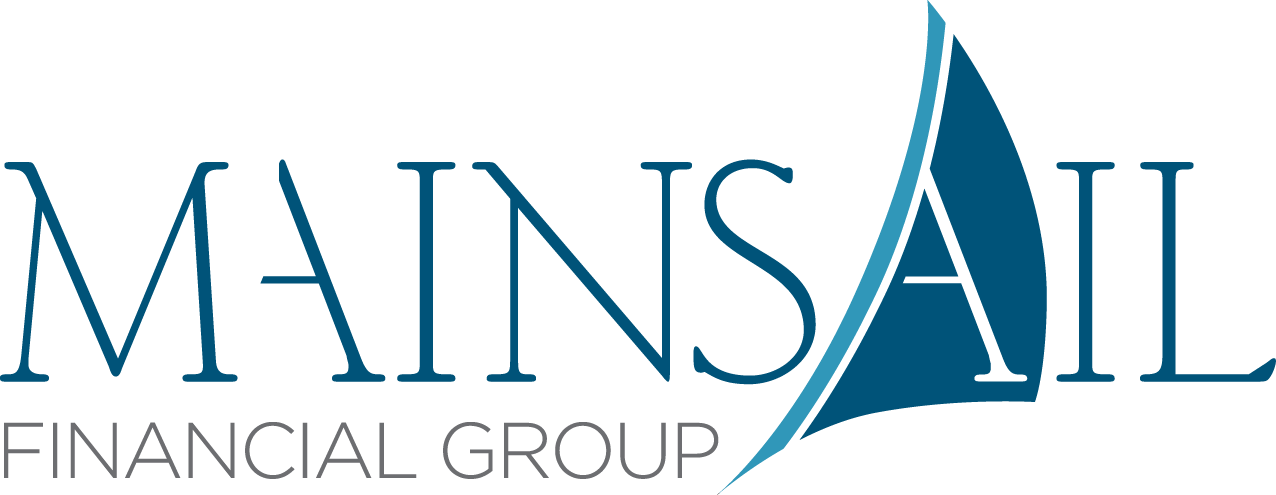What is a Fiduciary, Anyway?
As more and more people begin to explore investing and financial planning, one question seems to come up quite often. "Are you a fiduciary?" Since we at Mainsail get this question more than any other, I thought I would explain what is a fiduciary, and proudly state that all of our advisors serve our clients under the fiduciary standard when managing assets.
What does fiduciary mean?
When I first started in this field almost 20 years ago, financial service offerings were primarily in terms of products. (Think stock broker, insurance salesperson, etc.) For the individuals that sold these products, they had to make sure that the product was suitable for you, but not go much further in asking questions about whether the product was right for you in terms of the entirety of your financial situation.
For example, you walk into a car dealership that only sells sedans—affordable sedans, expensive sedans, in all colors. "How can I help you today?" you hear from the first person to see you. "Well, I'm here because I am looking for a car." "Great, we have a wide range of prices and colors. Let's see what we can get you into". Out you drive in your new sedan. Was the suitability standard met? Yes, you were looking for a car and sold a car.
As time went on, customers and clients realized that this process left a bad taste and the feeling that they were sold something that may or may not have been suitable for them. Planners who hold the CFP® certification, for example, operate under a different banner, the fiduciary standard. Put simply, to define fiduciary means that the individual is legally (and I might add ethically) bound to always put their client's best interest ahead of their own. A true fiduciary will provide objective advice and recommendations that will always put the client first in financial planning. This will always require more conversations and more questions about the overall objectives, complete financial picture, feelings, and values, not just if something is suitable.
What is a fiduciary advisor?
So, to enhance my example above, the conversation might look like this: "I'm here because I'm looking for a car," you might say. "Great, I think we can help you with that but let's talk a little bit about the kind of car that's right for you," the salesperson responds. And then after a series of questions about carrying capacity, seating arrangement, on-road/off-road capability, safety, technology, size, fuel-efficiency, how long will you keep this car, and more, you hear this: "Even though we have all types of sedans, what you need is a mini-van, which we do not have here." In this case, the fiduciary standard was met since the dealership made a recommendation that was truly putting the clients' best interest first.
As I mentioned earlier, a fiduciary advisor is legally and ethically bound to always put their client's best interest ahead of their own. A fiduciary advisor will provide objective advice and recommendations that put the client first in financial planning, and have more conversations around objectives, feelings, values, and the complete financial picture.
I realize this is a simplistic example, but the ethical responsibility that we have to our clients at Mainsail is of the highest importance to us. We always have and always will put our clients first to not only meet the fiduciary standard but work as hard as we can to exceed it.

